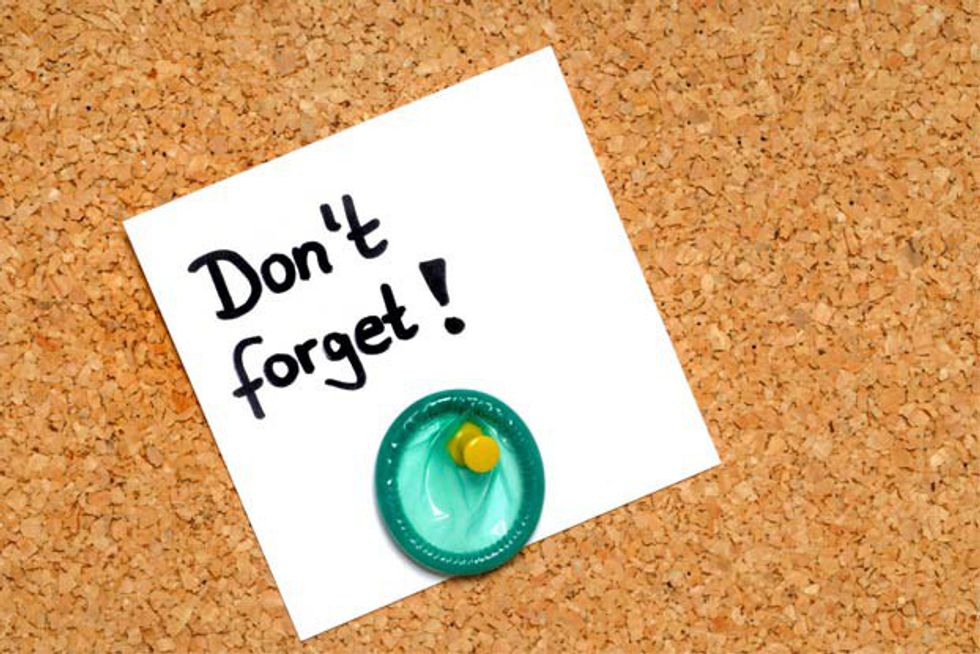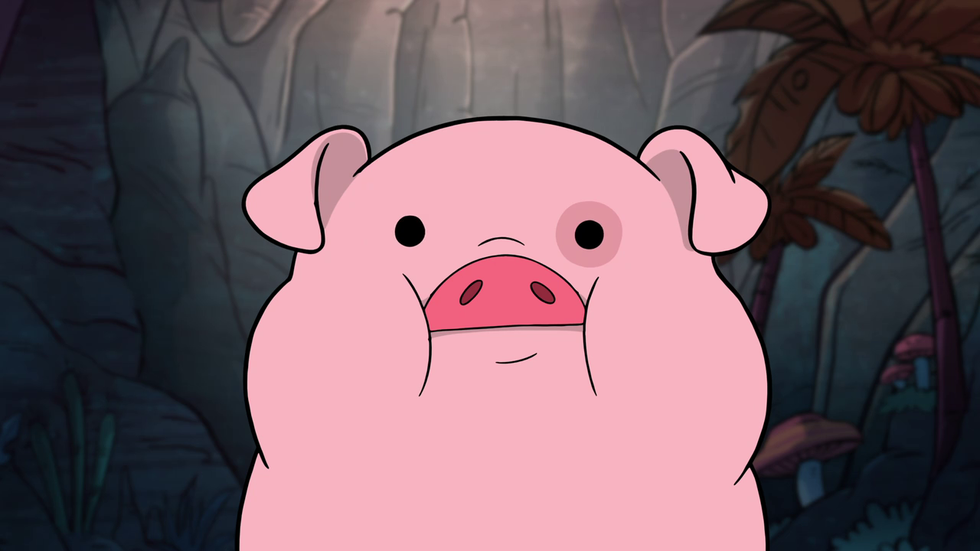There's a lot more that comes with learning a new language besides memorizing vocabulary; you must also learn about the culture, and more specifically, the culture's slang. It's easy to make mistakes when you're not familiar with the language, and these mistakes can lead to awkward situations. Coming from a French speaker of four years, here's ten common beginner's mistakes that will have native French speakers howling with laughter.
1. "Je suis chaud!
It's the middle of the summer and you're drowning in sweat. You want to convey this to your French friends by exclaiming "je suis chaud!" However, if you do say this you're likely to get some sideways glances. The correct phraseto say is "j'ai chaud!" The other phrase is basic French slang for "I am horny!"
2. Préservatif
Many English words look and sound like French words, and tend to have the same meaning. However, there are French words that will trip you up because they look like their English sisters, but have a completely different meaning. These are called false friends. Préservatif is an excellent example of this. Take a good look at the word. Remind you of anything in English? Looks like "preservative", right? Unfortunately, this is not the case. Préservatif actually means condom.
3. Canard, Connard
Just like English, French has homophones. These two words sound very similar, in fact, there is only a slight difference in the pronunciation of the first 'a' and the first 'o'. This difference may be slight, but it is a major one. It's the difference between ordering roast duck for dinner and ordering roast...well,let's just say it's a place where the sun doesn't shine.
4. Cochon, Cochonne
Both words mean 'pig', but the first is the masculine form and the second is feminine. Sometimes, this word can be used as an adjective to mean 'dirty', especially to say that one eats in a dirty way. However, if you wish to say "I'm a pig" or "I eat like a pig", make sure to use the masculine form. Saying "je suis cochon" is fine, it means "I'm a pig". On the other hand, "je suis cochonne" has a different meaning in French slang. It is used to describe someone who loves sex.
5. Putin, Putain
According to French pronunciation rules, Putin and putain should be pronounced the same. However, putain happens to be a not-so-friendly slang word used to describe a woman who, well, gets around if you know what I mean. Therefore, if you wish to talk about Vladimir Putin to your French friends, you must remember that the French have all agreed to write and pronounce his name as Poutine to distinguish the two.
6. Baisser, Baiser
Here's another wonderful example of French homophones that will land you in hot water. Perhaps you wish to describe the way in which an elevator is lowering. If so, you must tread very lightly. Baisser is an innocent verb meaning "to lower". Baiser is a much less friendly word. It's not polite to type, so let's just say that baiser is the mother of all swear words. Mix these two up and all nearby French speakers will be incapacitated with laughter.
7. S'introduire, se présenter
S'introduire is another lovely example of a false friend. Upon first glance, you might think that this verb means "to introduce". This verb actually means "to enter". If you wish to introduce one friend to another, you must use the verb se présenter, the verb that actually means "to introduce". If you get these two mixed up, you might find yourself asking one friend to enter the other.
8. "Tu es bonne!"
Let's say your French friend has just won something and congratulations are in order. You, being the intellectual you are, decide that félicitation isn't good enough for you. You decide to say "you're awesome" or "you're great". However, saying "tu es bonne" (you are good/great) isn't the best idea. In French slang, one typically says "tu es bonne" to mean you are good...in bed. Although this is still a compliment, it isn't exactly appropriate.
9. Chat, Chatte
Again, we have an example where using the masculine and feminine forms of words can get you in trouble. Both words mean "cat", the first being the masculine form and the second being feminine. If you want to tell your friends about your cat, it's best to stick with the masculine form. As you may have guessed, the feminine form of this verb is slang for, shall we say, feminine parts.
10. Jouir
Why do the French have to ruin innocent verbs with slang meanings? Jouir is a harmless verb which means "to enjoy". If you had a great day with your French friends, or perhaps if you enjoyed reading this article, you might think this is your go-to verb. However, it's probably just best to avoid this verb altogether. In French slang, it has come to mean "orgasm", and using it is likely to cause an awkward situation.
Hopefully you haven't made any of these mistakes, and if you have, maybe now you know why everyone laughed when you said "je suis chaud". Go forth with your new French knowledge, you're ready to conquer the confusing world of French slang!









































